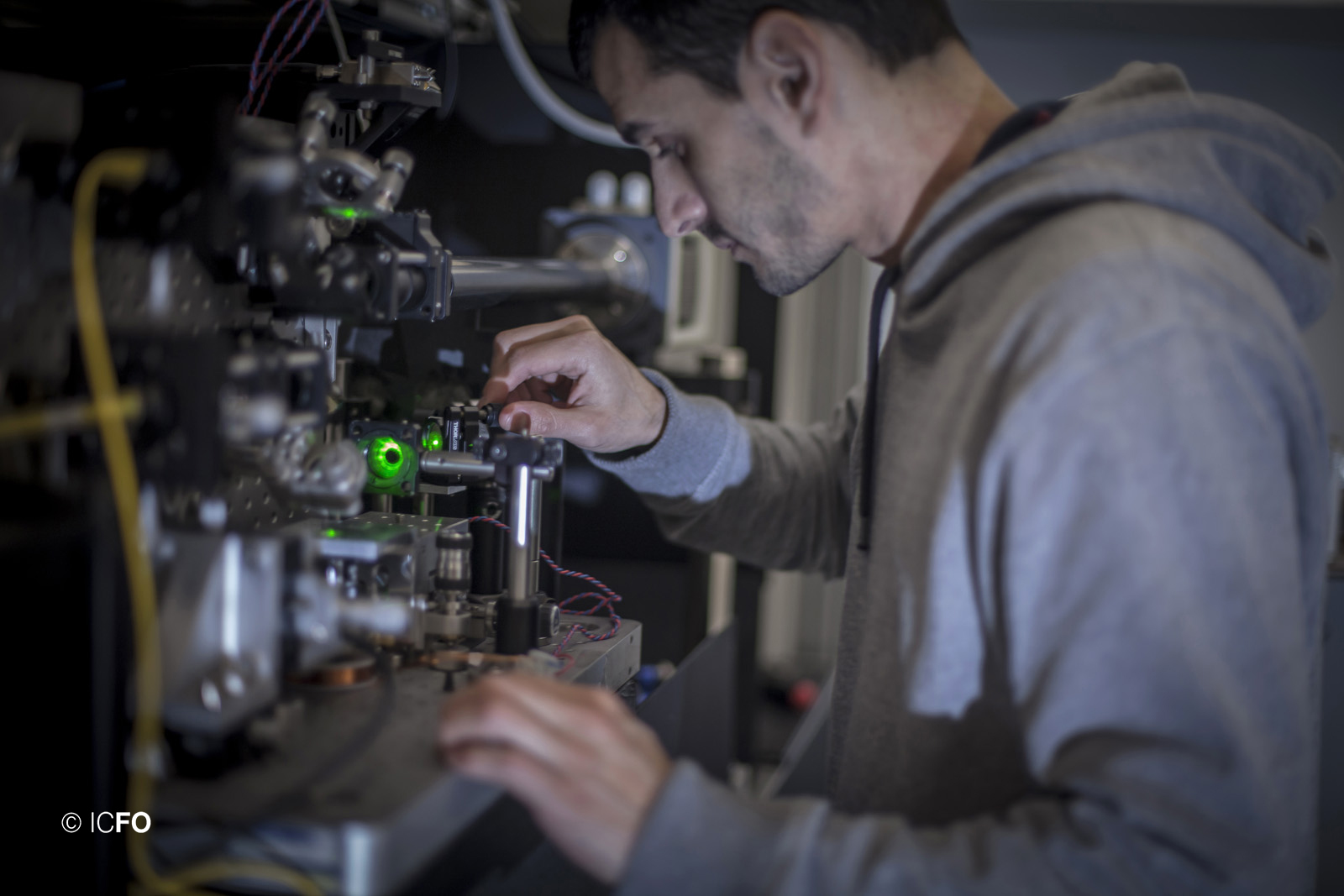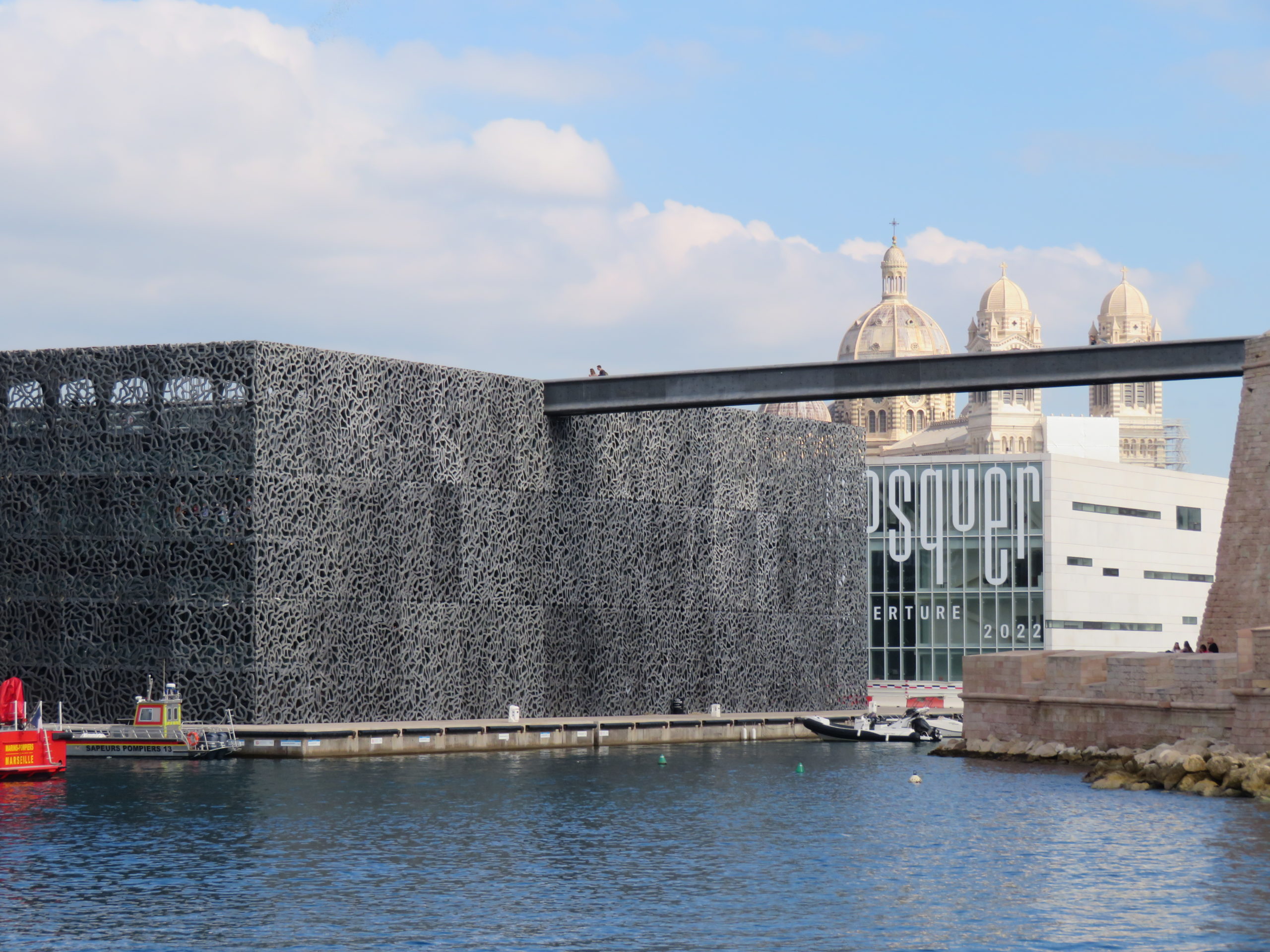AMIDEX TIGER Scholarship
AMIDEX TIGER scholarship
One or two years scholarships of 10 000 euro each, funded by the Aix-Marseille University AMIDEX – TIGER project, can be obtained after the selection procedure by students who apply for joining the program at the M1 level (1st year). Scholarship candidates must have already obtained a first higher education degree (bachelor) or demonstrate a recognized equivalent level of learning according to national legislation and practices.
The yearly scholarship is paid in three installments:
-
- in November of the Master 1 year
- after the confirmation of attendance to first semester exams
- upon completion of the 2nd semester exams
The decision to renew or suspend the M2 scholarship is taken based on the results obtained during M1.
AMIDEX TIGER scholarship comes with the following mobility rules:
-
- Semester 1: Marseille
- Semester 2: Karlsruhe
- Semester 3: Marseille
AMIDEX TIGER scholarships students participate for free to all the initiatives of the Consortium (spring school, welcome days, visits of labs/companies…) as the other students.
AMIDEX TIGER scholarships students will be assisted by the staff in their administrative and practical issues (visa, housing, registrations, insurances…).
AMIDEX TIGER scholarships students are entitled to pay for the Registration and Tuition fees, unless they benefit from an additional full tuition fee waiver.
Eligibility criteria
Eligible students must never have previously been enrolled in a higher education establishment in France, nor be of French nationality or have dual nationality.
Students benefiting from an AMIDEX TIGER scholarship cannot benefit from any other scholarship for more than 1000 euros per month.
AMIDEX TIGER scholarships are awarded exclusively for a full-time on-site enrollment in one of the course editions.
How to apply
By following the online Application procedure, the student automatically apply for the program AND a TIGER scholarship.


Funded by the European Union. Views and opinions expressed are however those of the author(s) only and do not necessarily reflect those of the European Union or the European Education and Culture Executive Agency (EACEA). Neither the European Union nor EACEA can be held responsible for them.

